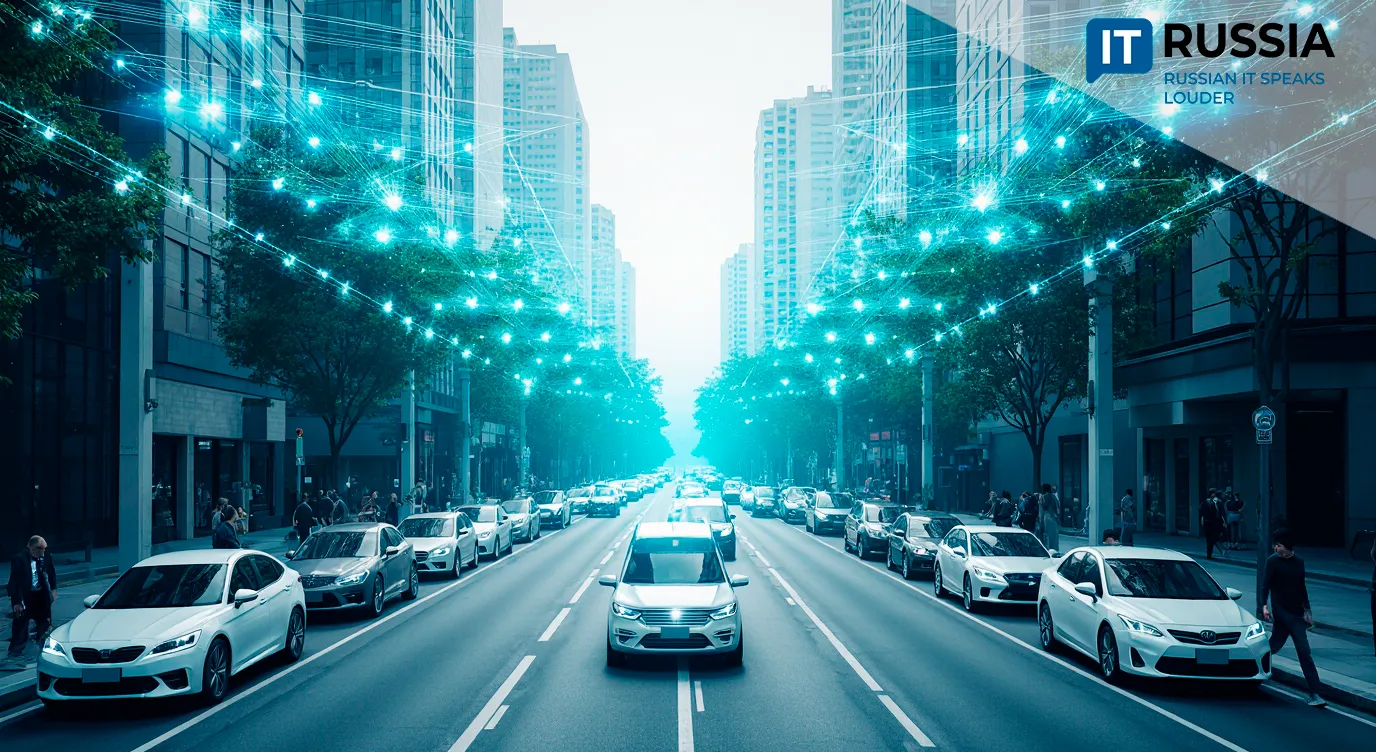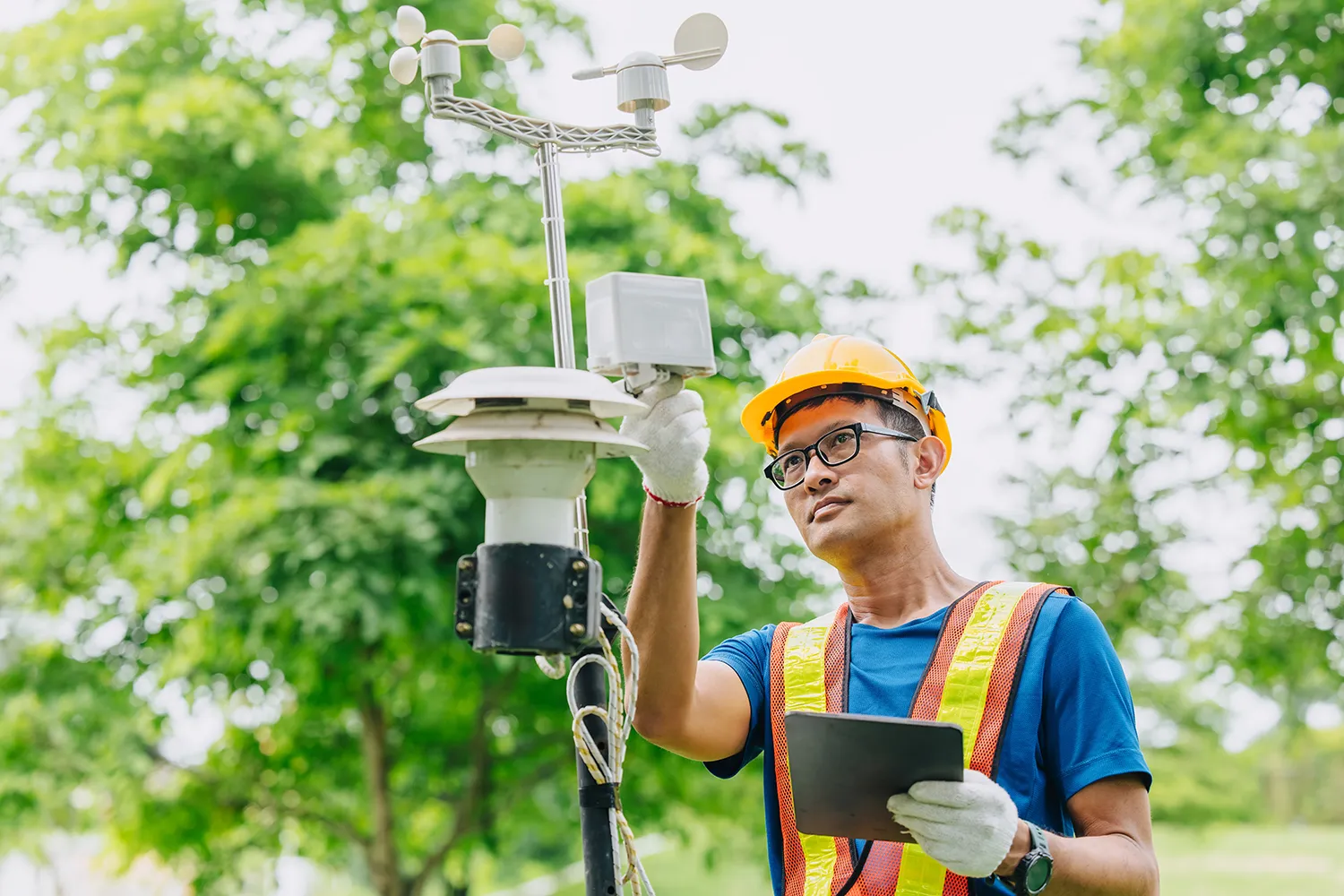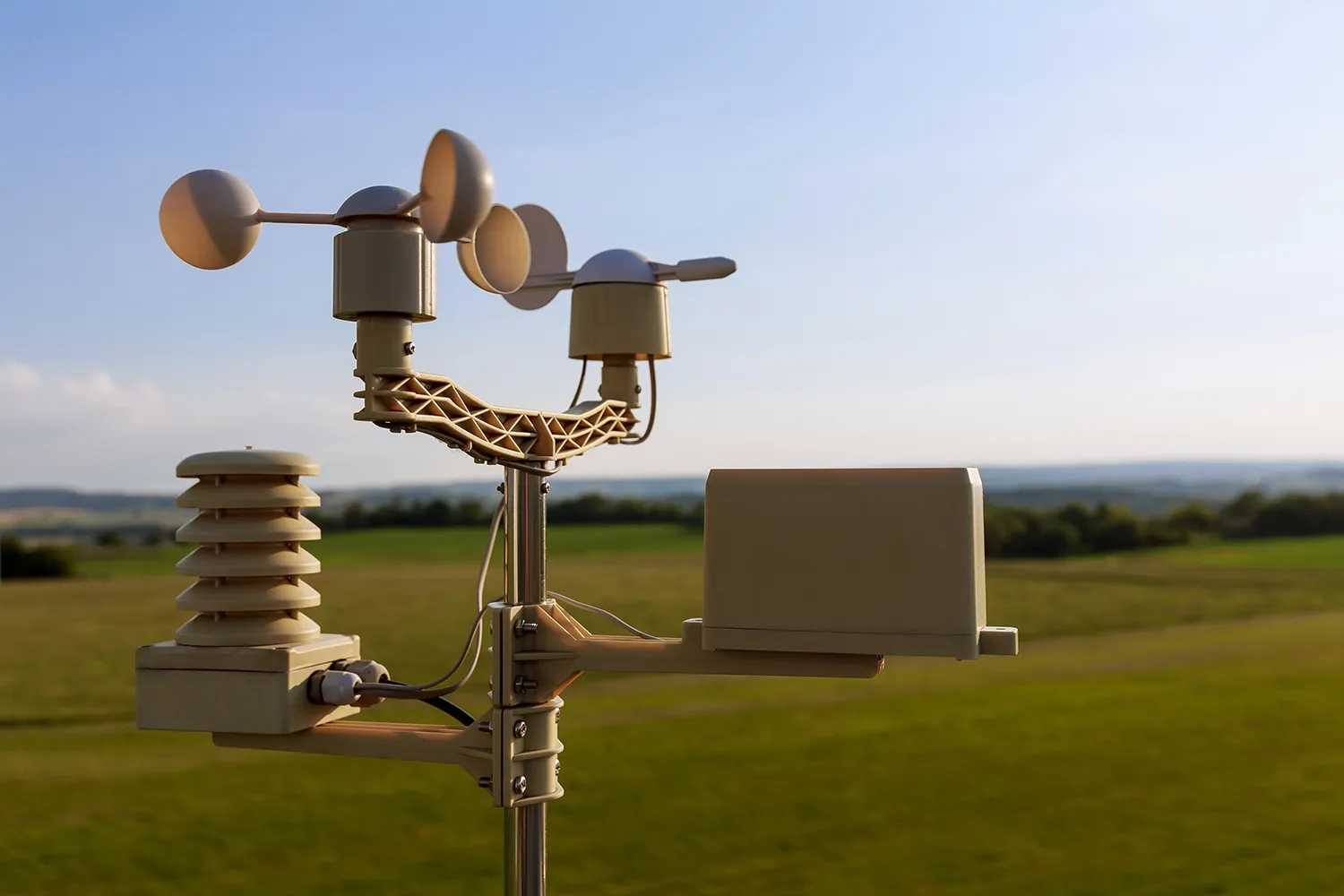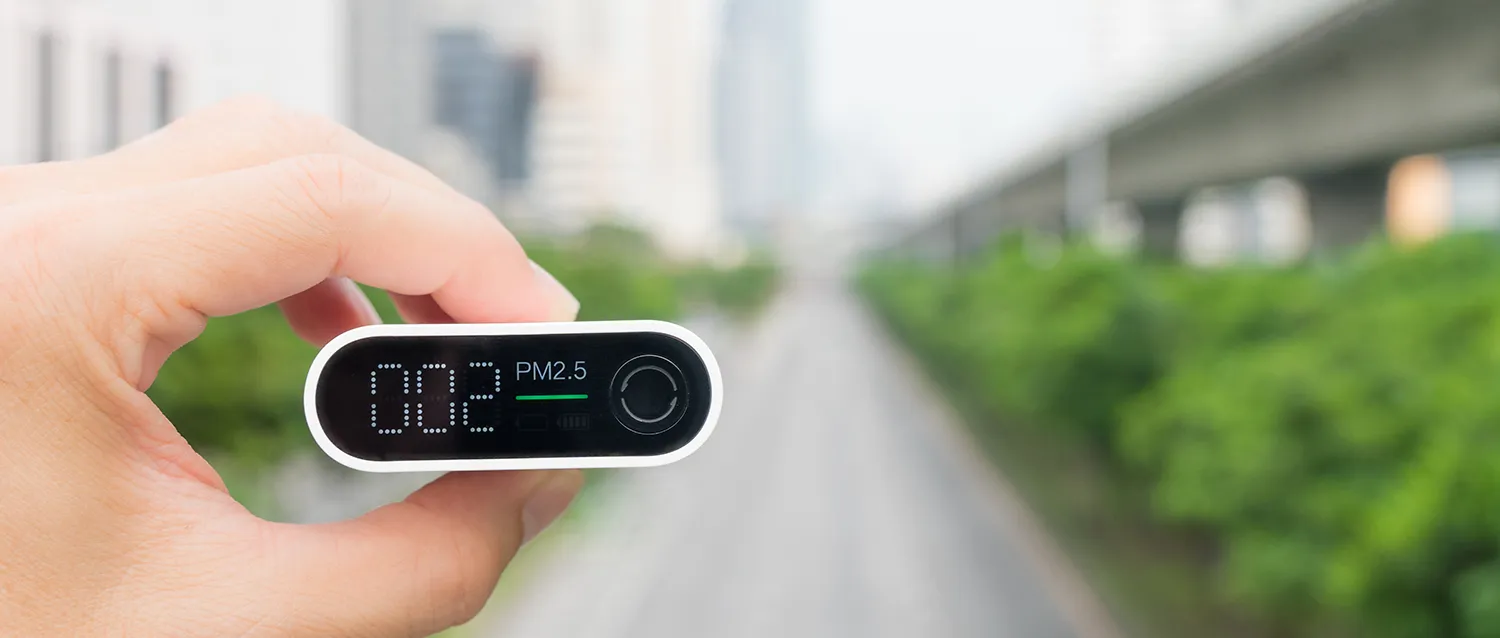A Smart Look at Dirty Air: AI Becomes Environmental Patrol in Rostov-on-Don

Rostov-on-Don is among the first twelve Russian cities to enter a new era of environmental monitoring with sensors and AI that track air quality in unprecedented detail.
Mapping the Air
As part of the updated national project 'Environmental Well-Being,' a pilot program has turned urban infrastructure into a powerful air-quality analysis tool. On major highways, cameras and sensors record exhaust composition, traffic density, weather conditions, and time of day. But the real star is the artificial intelligence system, developed at Moscow Institute of Physics and Technology (MIPT).

The neural network processes video streams in real time, not only recognizing vehicles but also identifying type, make, model, and even year of production. For environmental science, this is a breakthrough. The system distinguishes between an aging 2010 diesel Gazelle truck and a new electric car, instantly assessing their contributions to emissions. Each road section receives an air 'health score' on a dynamic city map.
Monitoring has shifted from broad averages to fine-grained detail, pinpointing exact pollution sources. While still in trial across twelve Russian regions, results already exceed expectations, with accuracy surpassing earlier projections.
Green Light for Cleaner Air
This leap builds on earlier efforts. In 2023, scientists carried out extensive roadside measurements at 549 sites in Rostov and Novocherkassk. The data became the foundation for training today’s AI. The need is urgent: as far back as 2009, road transport accounted for 94% of city emissions.
For local governments, the technology opens powerful tools: targeted pollution control, real-time 'black sky' alerts, optimized public transport routes, and smarter roadwork planning. It also encourages adoption of eco-friendly vehicles. AI-generated 'green maps' of urban ecology can forecast emissions and integrate with municipal systems—down to planning routes for street-cleaning fleets.

Toward Environmental Well-Being
The project’s implications extend far beyond Russia. MIPT’s technology has significant export potential. Cities worldwide suffocating under smog need automated, scalable tools for monitoring. A solution tested in twelve Russian regions could be attractive on the global 'green tech' market.
Clearly, AI is becoming a strategic step toward smarter, cleaner cities. Russia’s experience shows how intelligent monitoring systems can improve public health, cut emissions, and serve as an exportable model for urban sustainability.











































